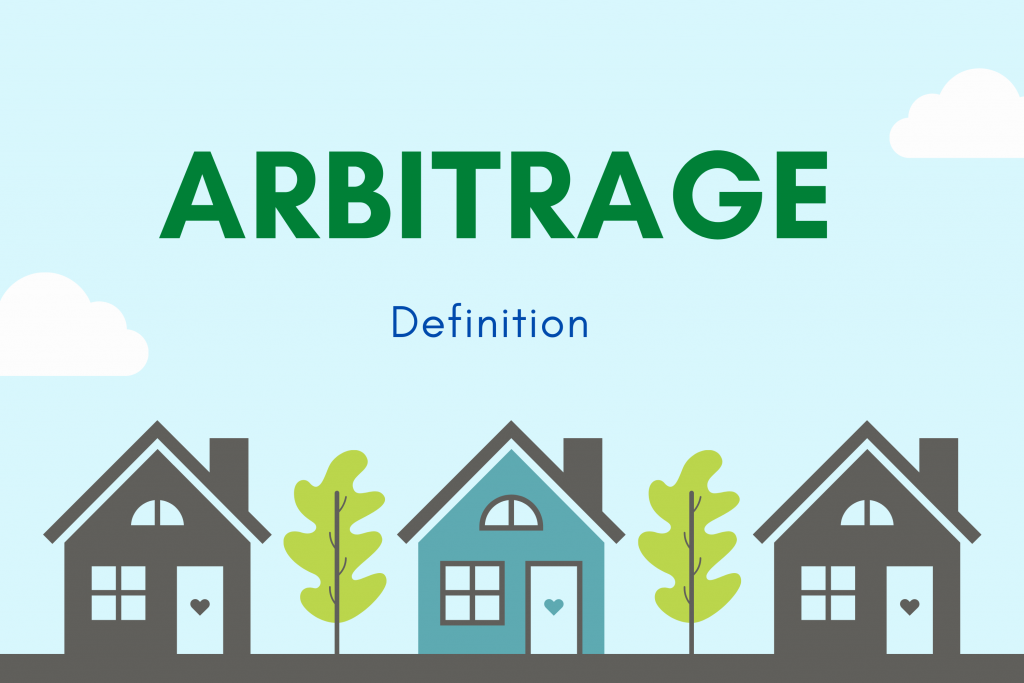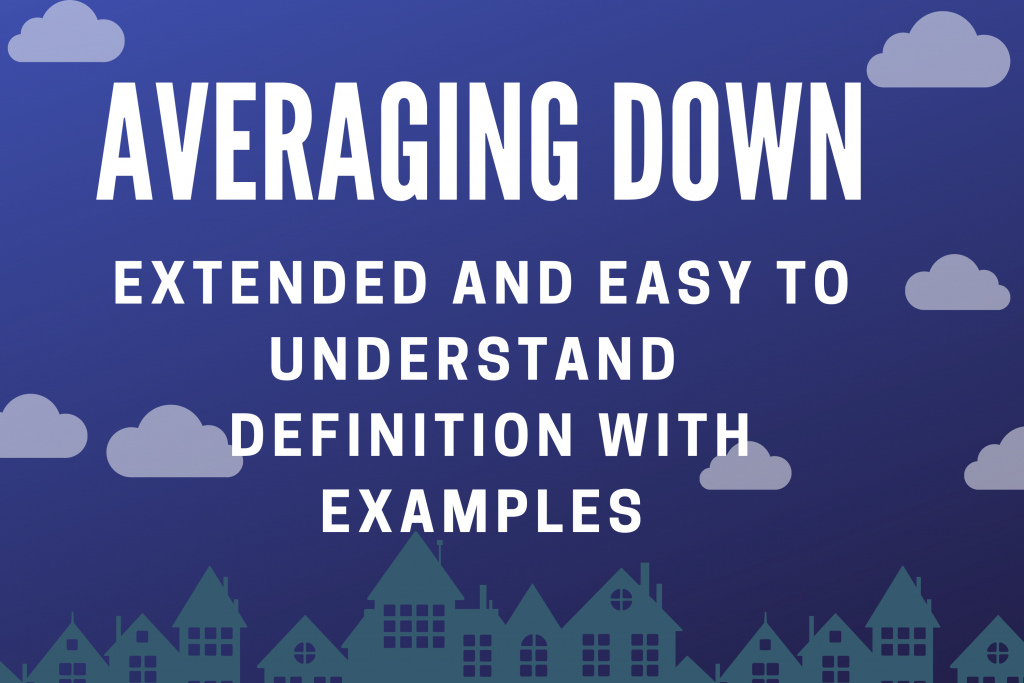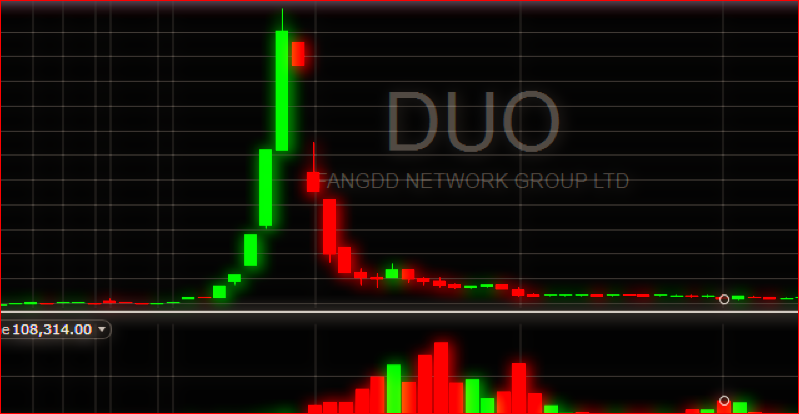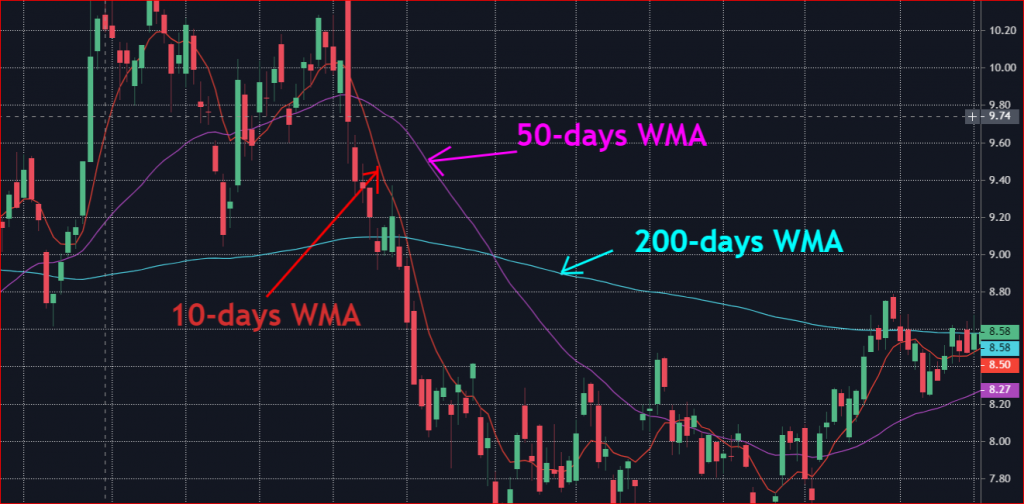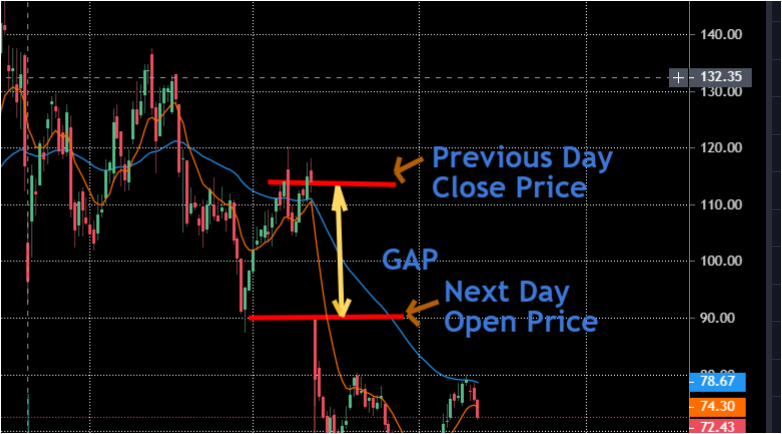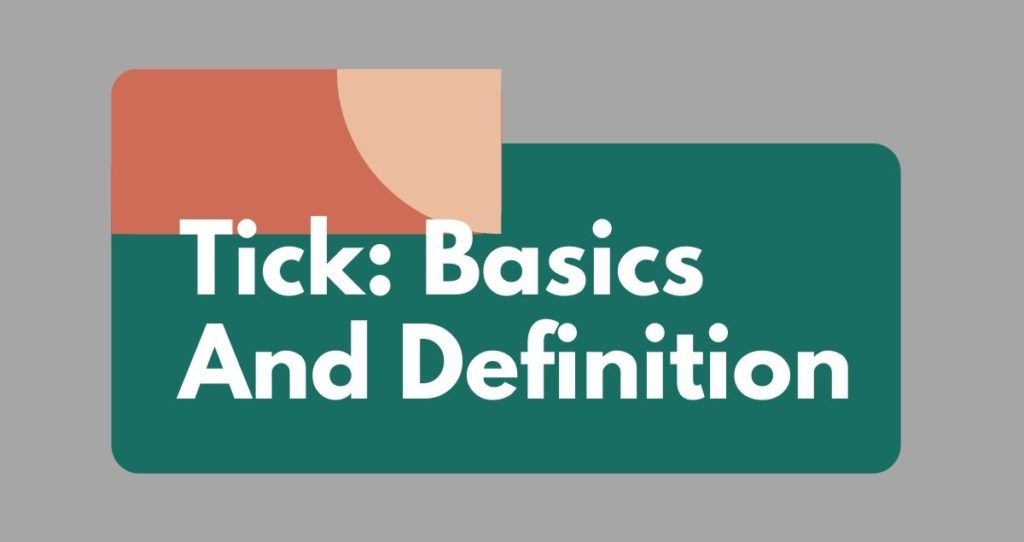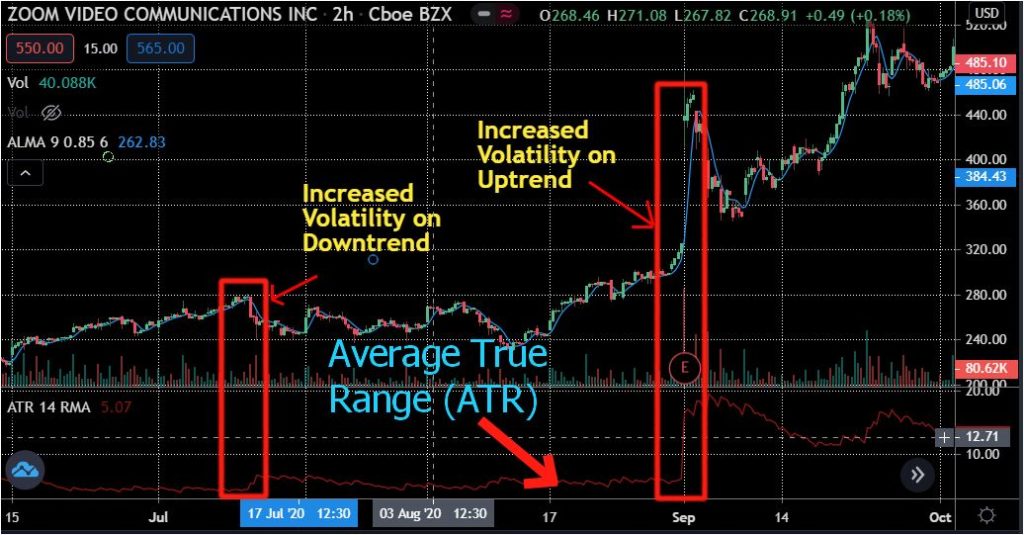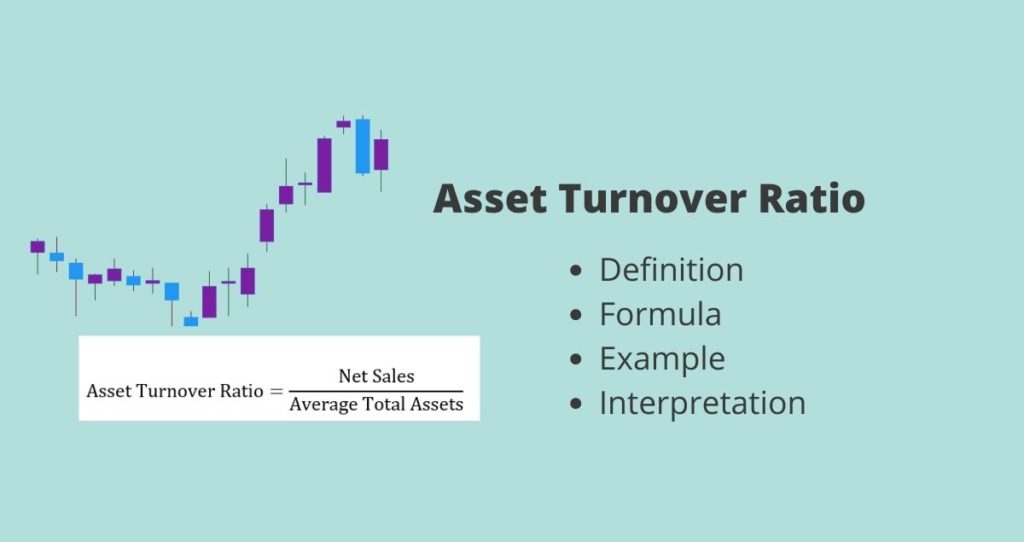What is a Certificate of deposit?
A certificate of deposit is a product that banks, lenders, and credit unions offer a money depositor to hold his money until the maturity date. In return, they provide him with a fixed rate of return on the money deposited.
Each institution has different terms and penalties for early withdrawals.
What happens when you open a certificate of deposit account?

Investing in CDs is like investing in any other investment option. There are risks and rewards that come with it.
Buying a CD is like having a contract with your bank or credit union. You open a CD account and give them your money with terms on both sides. The following are terms to remember and consider before you invest in CDs.
1. The interest rate will stay the same until the maturity date
The interest rate agreed upon when opening the account will stay the same during the lifetime of the CD. Your credit union or bank will not change it.
It is beneficial to you because you will know how much return you will be having.
However, being in a locked interest return is not always the best idea especially in the investment world where rates are changing fast.
If the CD investment rate increases before the maturity rate, you will still take home the same rate you signed for. That means you will be missing out on the increased rates.
On the other hand, locked rates can sometimes be a good thing. If for example, the interest rates plummet, you will still have your agreed up rate. This means your credit union will not reduce your return because rates are low.
2. Your institution will determine terms of services
What happens if you decide to take your money before the maturity rate? There is probably a penalty for these actions. Terms of services are different from one institution to another.
The bank you used to open your CD account is the one that will determine what will happen if you take the money out before the maturity rate.
They are also the ones who will determine what will happen to your funds if you decide to not give them further instructions after the maturity date.
3. The length of your investment is fixed
The term of the CD is the length of time you decided to keep your money in the account. If you choose to take your money out before the term ends, you will get penalized.
It is like violating the contract with your institution. Therefore, you will pay a fine for your actions. However, you can take the money out when the terms ends which is the same date as the maturity date.
4. You must deposit the principal you agreed
The principal is the sum of money you agreed to deposit in your account. This money must be deposited into the account.
Benefits of investing in Certificate of Deposit
Now that you know basics on CDs, let’s look at the benefits of investing your money in Certificate of Deposits.
- You can choose a different and convenient maturity rate
- You maximize your returns on some special CD by choosing a variable rates
- They are a safer investment option with fixed return rates
- The fees for CD are low to none
- You get better returns compared to savings accounts
- You will know how much you will be making
Disadvantage of DCs
Every investment has its own risks. Certificates of Deposits have their own risks as well. The following are some of the risks or disadvantages of investing your money in CDs.
- You cannot take your money out whenever you want
- Inflation will eat up your money because CDs offer returns that are lower than the inflation rate
- You will pay a penalty if you withdraw your money before the maturity date
- You will miss on gains if the CD rates increase before the maturity rate


